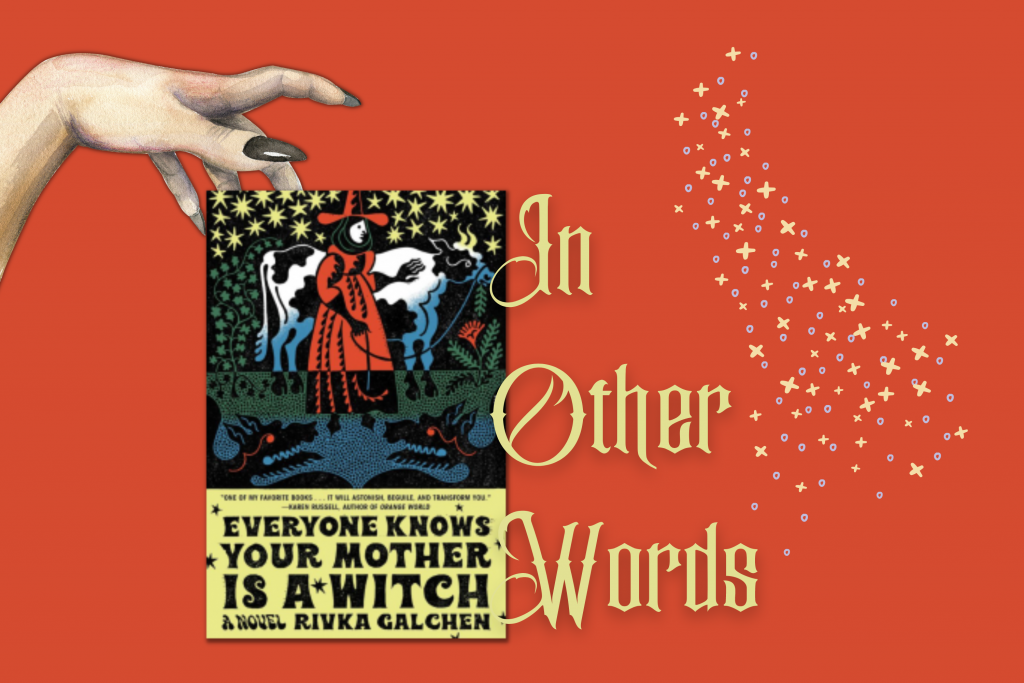In Other Words: ‘Everyone Knows Your Mother is a Witch’
In Other Words: 'Everyone Knows Your Mother is a Witch'

Rivka Galchen’s novel Everyone Knows Your Mother Is a Witch combines the lore behind the Salem Witch trials of the 1690s (think Hocus Pocus meets Law and Order). The novel is based on true events, particularly the witch trial of astronomer Johannes Kepler’s mother, Katharina.
For those who had niche historical fixations as a child, you may be aware of the infamous Salem Witch Trials, the period in late 17th century Massachusetts when over 200 people were accused of witchcraft and more than 20 were executed. The majority of these victims were women, as it was a widely held belief at the time that femininity was inherently sinful.
Katharina lives in plague-ridden Stuttgart in the early 1620s when she ends up on the wrong side of an argument with Ursula Reinbold; who subsequently accuses her of poisoning her wine. Katharina’s fondness for creating illness remedies and her label as a nosy old woman certainly don’t help matters.
Galchen utilizes multiple points of view from various townspeople to illustrate how a flicker of distrust can quickly lead to a wave of mass hysteria. Ursula’s illness – supposedly induced by Katharina – escalates to much more in an almost hilarious fashion. Townspeople claim that a quick glance from Katharina can leave someone in debilitating pain or that a remedy she gave to someone’s child was the cause of their death.
Katharina has allies, however, in her children and her neighbor/scribe, Simon. The relationship between Katharina and Simon is a bright spot throughout the novel, because it reflects the humanity in their society despite the chaos surrounding Katharina.
For a book about a witch trial, Everyone Knows Your Mother Is a Witch is surprisingly lighthearted and often reads more like a caricature of people during this time period rather than delving heavily into the motivations for and morality of their accusations. This can make it more difficult to truly connect with these characters and view them as complex people; however, despite this, Katharina is a character that you will truly root for and hope that she comes out of such an unimaginable – yet historically plausible – situation alive.
In other words, 4/5 stars.





